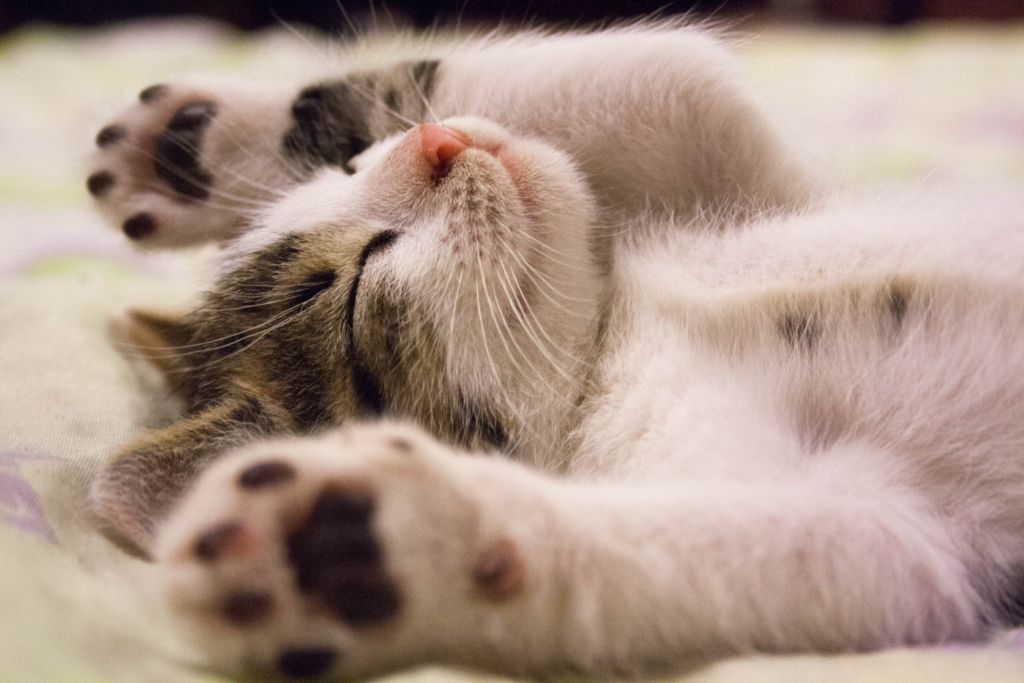An upset tummy, growling bowls, making hurricanes indoors, and crunching your insides with cramps, are dreadful. We have all been there, done that, and had the vicious cycle again. But every time, the pain feels just as excruciating as it did before. Well, this thunder of pain isn’t limited to but stretches on to our adorable pets just as much. These occasional digestive problems in cats can turn dreadful for your feline friend. It is said to be an ordinary bummer for our cutie cat.
Intestinal parasites
Internal worms are one of the most found problems in cats. Although it is more common in outdoor cats, the ones staying inside can contract the disease very well. The alarming thing, however, is it is often found that the cats don’t show any symptoms even after remaining infected. Hookworms, tapeworms, and roundworms are one of the most common parasites that infest the disease.
Some immediate signs of such worms encroaching on your pal’s bowl are nausea, diarrhea, worms in stool or vomit, sudden loss in weight, etc.
As mentioned, your pet will likely not show any signs, or you might mistake it for just a tiny whim of flu. Therefore it is highly advised to get your cat’s poop checked now and then by your vet.
Hairballs
Other commonalities of disease in cats may include hairballs. While grooming, your cat might have consumed some of the loose hairs. However, these loose hairs get easily thrown out of the body through excretion. Nevertheless, the possibility of these hairs remaining inside always stands, which can develop hairball. Frequent vomiting of hairballs is a sure sign to book a vet appointment.
Food allergies
Swollen tongue with one scoop of peanut butter, and itchy tonsils at the slight taste of kiwi, we are all akin to different food allergies. Food allergies in cats are rare, but it happens nevertheless. Your cat must be throwing hints at you, with gastrointestinal signs, vomiting, diarrhea or specific skin allergies. Beef, dairy, and fish are among the feline family’s most commonly found food allergies. When you notice such signs, it’s always wise to consult a vet who directs you to the required measures to help determine the allergic ingredient from your pal’s diet.
Constipation
When the stool gets too dry, firm, and small, and your furry friend is having too much trouble during excretion, you might want to take a constipation check on them. Dehydration, poor gastrointestinal motility, pain, neurologic problems, and obstruction of the large intestine are some common factors causing constipation.
The home remedial cure for digestive problems in cats, such as constipation, is increasing water intake, changing diet, weight management, and increasing exercise. In case these don’t work out, vet consultation is always recommended.
Your cat may contract other acute or chronic GI issues, including cancer. But don’t panic and consult your veterinarian for your pet’s health. Keep you calm, for haste often ends with us making rash decisions. Follow Jaldee Vets for quick updates on your pet’s health, lifestyle, and more.

